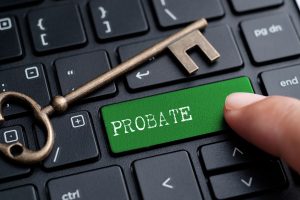 Contesting a Will in New York involves many different rules of law and procedures. The Estates Powers and Trusts Law (EPTL) and the Surrogates Court Procedure Act (SCPA) provide various guides. At its essence, the validity of a decedent’s Will must comply with EPTL Section 3-2.1 entitled “Execution and attestation of wills; formal requirements.” According to the requirements of the statute, a Will needs to be written, signed at the end by a testator, and there must be at least two attesting witnesses. If the rules regarding the execution are not complied with, then objections to a Will based upon lack of due execution may be successful. In such a case, a Will is not admitted to probate.
Contesting a Will in New York involves many different rules of law and procedures. The Estates Powers and Trusts Law (EPTL) and the Surrogates Court Procedure Act (SCPA) provide various guides. At its essence, the validity of a decedent’s Will must comply with EPTL Section 3-2.1 entitled “Execution and attestation of wills; formal requirements.” According to the requirements of the statute, a Will needs to be written, signed at the end by a testator, and there must be at least two attesting witnesses. If the rules regarding the execution are not complied with, then objections to a Will based upon lack of due execution may be successful. In such a case, a Will is not admitted to probate.
Other grounds for Will contests include lack of testamentary capacity and undue influence. Proving the existence of these circumstances is often difficult. The New York Probate Lawyer Blog has published many articles discussing Will contests and Surrogate’s Court matters.
One of the questions which arises in connection with probate and Will contests is payment of the costs associated with the proceedings. Putting aside legal fees, there are a few items which should be of interest. Contested probates typically begin with discovery of information under SCPA Section 1404 entitled “Witnesses to be examined; proof required.” This statute allows for obtaining documents and deposition testimony from the attorney who drafted the Will and the attesting witnesses. Payment for a Court reporter to transcribe deposition testimony can be costly. If a person wants to obtain this testimony, he may need to incur substantial expenses. However, according to SCPA 1404(5), the testator’s estate is responsible to pay for the examination of the first two attesting witnesses.
 New York Probate Lawyer Blog
New York Probate Lawyer Blog











